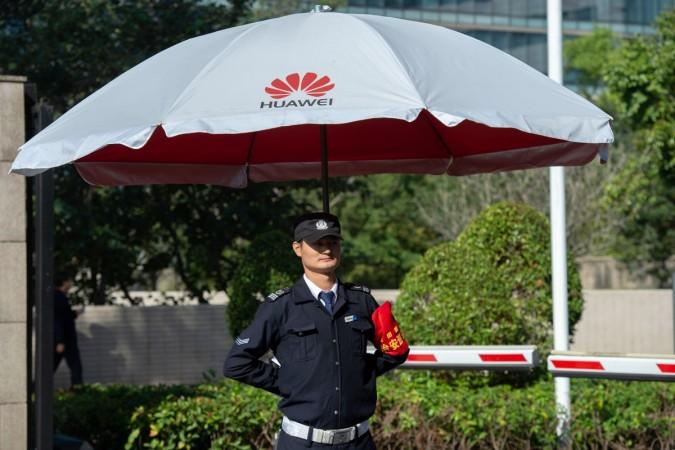
Just a few weeks ago, Meng Wanzhou, Huawei Technologies Co.'s chief financial officer, was detained in Canada on behalf of the United States and the move created a diplomatic tussle between China and the US. While Wanzhou was later released on bail, the effects of the detention are now spilling over in many forms.
In the latest, several companies in the country have come out in support of Huawei and are discouraging employees from using Apple products. While some firms are reportedly providing subsidies to workers purchasing Huawei phones, others are said to be more aggressive in their stand against the US and Apple products.
A textile firm has reportedly sent a notice to its employees, in which it has said that workers who use iPhones are unlikely to receive promotions or incentives in the company. Though the company has explained that it is not forcing its employees to stop using iPhones and other Apple products, it said that using homegrown brands would help receive priority when it comes to promotions.
"So far, all members of the management team have changed their smartphones to Huawei models to show support for homegrown brands," a manager of Zhejiang Kangjiesi New Material Technology Co. told the Global Times.
The manager, who has been identified as just Liu, also revealed that the company has ordered Huawei products worth 20,000 yuan ($2,908 approx) for its management teams and clients. In addition, the company is also providing about 20-50 percent subsidy to employees who purchase a Huawei handset.
An employee, who spoke to the Global Times, revealed that over 100 workers of the textile company have moved to Huawei devices until now. "A lot of our colleagues used iPhones before, but I know many of them have bought new smartphones from Huawei," she explained.
Meanwhile, it is just just larger firms that are voicing their support for Huawei. Several hotel and restaurants are said to be offering discounts to patrons using Huawei phones. A brewer in the Henan Province is providing a 30 percent discount to patrons, who produce the purchase receipt of a Huawei phone, reported the Nikkei Asian Review.
Wanzhou was arrested in Canada on December 1 and a Canada Justice department official had said that the US Department of Justice had opened the investigation in April and was probing if the telecommunications brand sold gear to Iran despite a ban on exports to the region.
"She is sought for extradition by the United States," he had said at the time. The US has been voicing concerns about Huawei operations since 2016, claiming that the brand could install back doors in their equipment, which would, in turn, let them monitor users of the device in the US.
Even though the brand had categorically denied these allegations, the Pentagon had stopped providing Huawei devices to its armed forces and retailer Best Buy too stopped the sale of Huawei products, reported Bloomberg.
Wanzhou's arrest created a furore in China and calling the arrest "unreasonable" Beijing also summoned US ambassador Terry Branstad demanding her release.
"The actions of the US have seriously violated the legitimate and legitimate rights and interests of Chinese citizens and are extremely bad in nature," China's Vice Foreign Minister Le Yucheng told Branstad, according to news agency Xinhua.
"The Chinese side resolutely opposes this and strongly urges the US to attach great importance to China's solemn stance and immediately take measures to correct wrong practices and withdraw arrest warrants against Chinese citizens," Le added.
Wanzhou was released on December 11 on a C$10 million ($7.5 million) bail. She has been ordered to wear an ankle monitor and stay at home from 11 pm to 6 am. Five of her friends have pledged equity in their homes as a guarantee she will not flee.

















